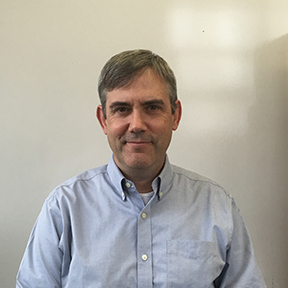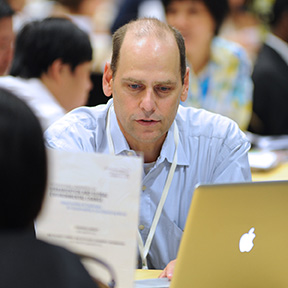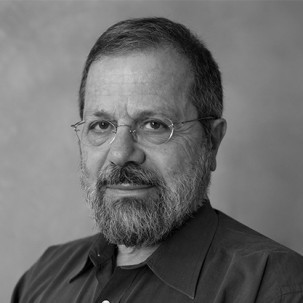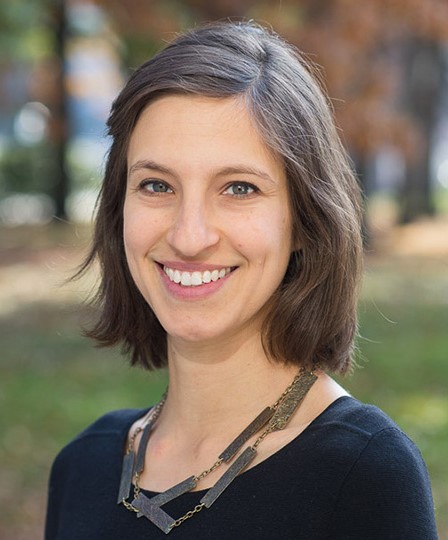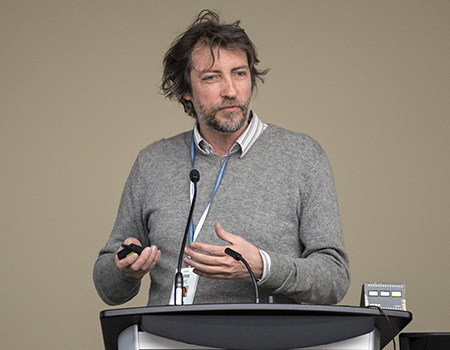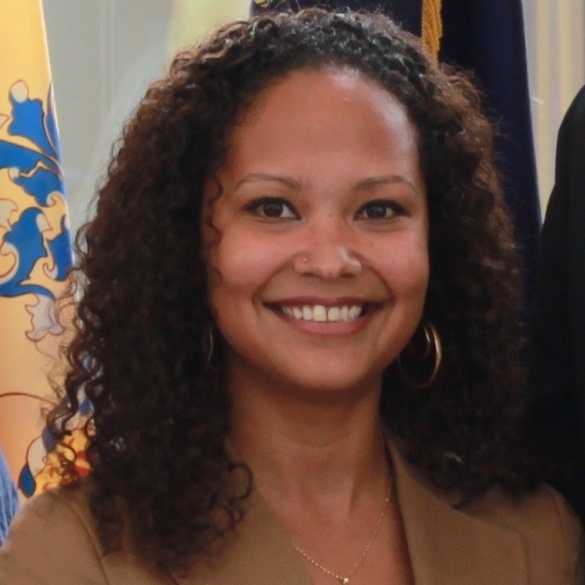PROGRAM
Join via Zoom: https://zoom.us/j/91629882395
Thursday, April 30, 2020
1:00 PM – 2:15 PM EDT
As the world remains under lockdown to stem the tide of COVID-19 infections, cities have emerged as recurring characters – as victims, as causes, as survivors – in the coronavirus narrative. The emergence of COVID-19 hotspots in Wuhan, New York, Madrid and New Orleans has led to a stigmatization of cities and urban life as observers question dense settlement patterns as the fundamental basis for the spatial organization of societies.
The ‘new normal’ leaves urban scholars and policy makers with a conundrum. If high density, complexity and networked connections make cities vulnerable to pandemic disease, and many other hazards as well, how should public policy initiatives work to readdress those conditions, while also utilizing aspects of urbanization that help to address climate change, and promote social and economic equity and development? Ultimately, we must determine the way forward for our cities in an era of globalization, climate change, and pandemics. Join us from 1:00 PM – 2:15 PM EDT on Thursday, April 30, 2020 for a conversation moderated by William Solecki, Department of Geography and Environmental Science, Hunter College, and Peter Marcotullio, Department of Geography and Environmental Science, Hunter College, featuring speakers Shlomo (Solly) Angel, Marron Institute of Urban Management, NYU, Lily Baum Pollans, Urban Policy and Planning, Hunter College, Mark Pelling, Department of Geography, King’s College London, and Kizzy Charles-Guzman, NYC Mayor’s Office of Resiliency.
SPEAKERS
William Solecki Professor, Dept. of Geography and Environmental Science at Hunter College
Bill Solecki (Moderator) is Professor, Dept of Geography and Environmental Science, and Chair of the Public Policy Program Faculty Committee; and Director Emeritus of the Institute for Sustainable Cities at Hunter College. He has co-lead several climate impacts studies in the greater New York and New Jersey region, including the New York City on Panel on Climate Change (NPCC). He recently was a lead author of the IPCC, Working Group II, Urban Areas chapter (chapter 8) and a coordinating lead author of the US National Climate Assessment, Urbanization, Infrastructure, and Vulnerability chapter (chapter 11).
Peter Marcotullio Professor, Dept. of Geography and Environmental Science at Hunter College
Peter Marcotullio is Professor, Dept. of Geography and Environmental Science at Hunter College and current Director of the Institute for Sustainable Cities at Hunter College, and faculty member in the Earth and Environmental Sciences Program at the CUNY Graduate Center. He has participated in several global international studies, and is a member of the Scientific Steering Committee (SSC) of the International Human Dimensions Program’s Urbanization and Global Environmental Change (IHDP-UGEC) project.
Shlomo (Solly) Angel Professor of City Planning at the Marron Institute
Shlomo (Solly) Angel is a Professor of City Planning at the Marron Institute. He leads the NYU Urban Expansion based at the Marron Institute and the NYU Stern Urbanization Project. Angel is an expert on urban development policy, having advised the United Nations, the World Bank, and the Inter-American Development Bank (IDB). He currently focuses on documenting and planning for urban expansion in the developing world.
Lily Baum Pollans Assistant Professor of Urban Policy and Planning at Hunter College
Lily Baum Pollans is Assistant Professor of Urban Policy and Planning at Hunter College in New York City. As an urban planner and scholar, her interests lie in sustainability, infrastructure, and environmental justice. As a practicing planner, she has worked in both municipal and institutional settings on public transportation, public space design, and brownfield redevelopment. In her most recent contract, she collaborated with Boston-area sustainability professionals on a study of the jobs-development potential of companies that use recycled materials as inputs in manufacturing processes.
Mark Pelling Professor of Geography at King's College London
Mark Pelling is Professor of Geography in the Department of Geography. Before this, he was based at the departments of Geography at University of Liverpool and University of Guyana. He has served as a coordinating lead author for the Intergovernmental Panel on Climate Change Sixth Assessment Report and Special Report on Managing the Risks of Extreme Events and Disasters to Advance Climate Change Adaptation (SREX) and as lead author on its Fifth Assessment Report. He is a member of the Scientific Steering Committee of the Stockholm Environment Institute and the Development Team for the Future Earth Risk Knowledge Action Network. He chairs the Centre for Integrated Research on Risk and Resilience, and is currently seconded for half his time to the United Kingdom Research and Innovation (UKRI) Global Challenges Research Fund as a Resilience Challenge Lead.
Kizzy Charles-Guzman NYC Mayor’s Office of Resiliency
Kizzy Charles-Guzman works for the City of New York, leading efforts to ensure that our neighborhoods, community-based organizations, workforce, and small businesses are ready to withstand and emerge stronger from the impacts of climate change. She also teaches at Columbia University.
For over a decade, Kizzy has worked with advocacy organizations, City and State government agencies, and policy makers to spearhead the passage of several city and state laws, and to advance citywide sustainability and climate resilience efforts. She works to ensure that social, public health and environmental justice priorities are integrated into climate change planning and policy in New York City. She received the U.S. Environmental Protection Agency’s Region 2 Environmental Quality Award and a national Champion of Change Award from the U.S. White House in recognition of her commitment to protecting and enhancing environmental quality and public health in New York.


